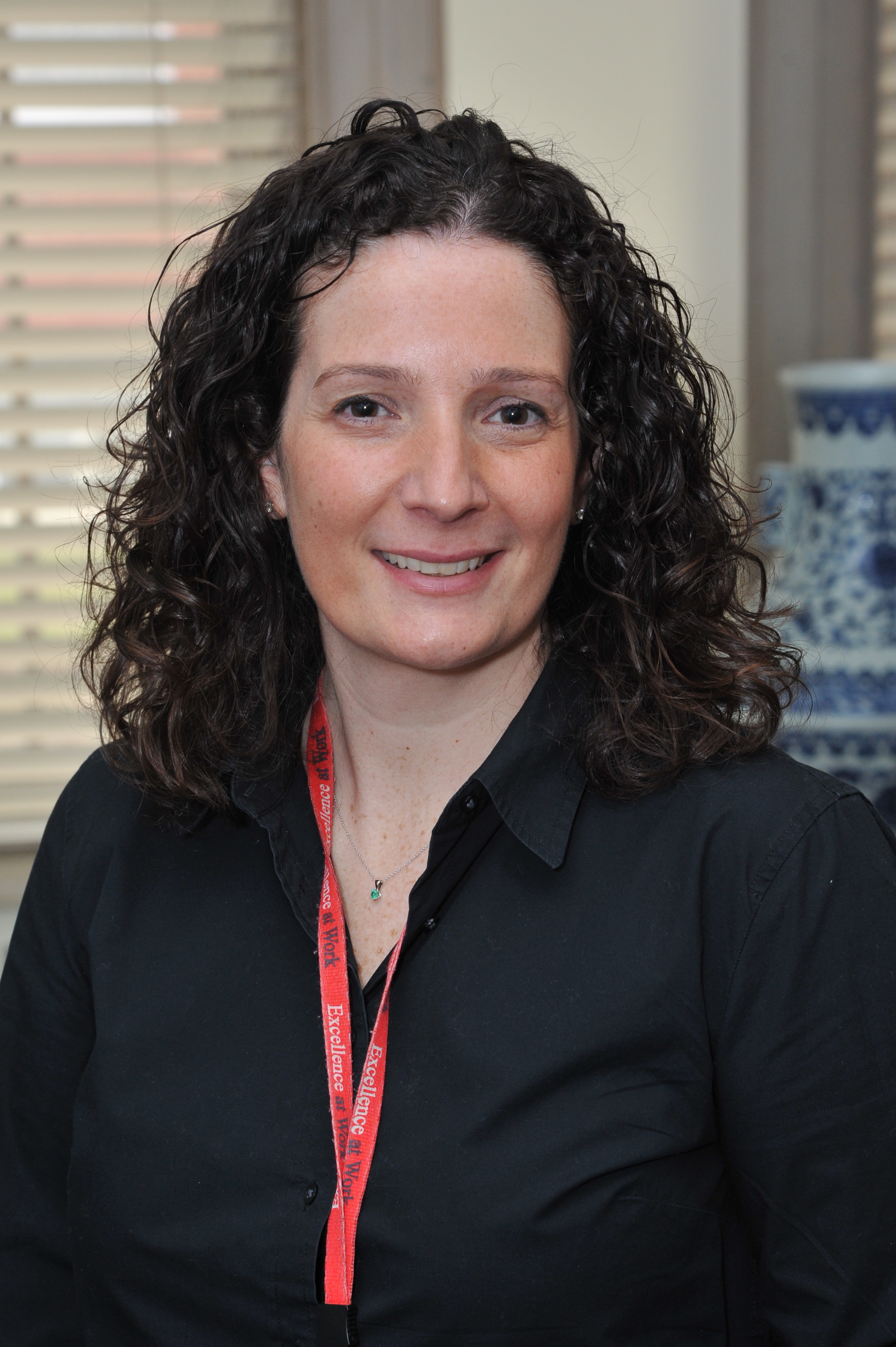Program / Treatment Design
Utilization and Evaluation of an Integrative-Mind-Body-Spirit Skills Group for Medical and Graduate Students in a Graduate Student Mental Health Program
(PS3-52) Utilization and Evaluation of an Integrative-mind-body-spirit Skills Group for Medical and Graduate Students in a Graduate Student Mental Health Program
- SS
Suza C. Scalora, Ph.D.
Assistant Professor of Clinical Psychology
Weill Cornell Medicine
New York City, New York, United States 
Patricia Marino, Ph.D.
Associate Professor of Psychology
Weill Cornell Medicine
White Plains, New York, United States
Ilana Pomerantz, Psy.D.
Assistant Professor of Psychology in Clinical Psychiatry
Weill Cornell Medicine
New York, New York, United States- MS
Maddy M. Schier, B.A.
Assistant Research Coordinator
Weill Cornell Medical College
New York, New York, United States
Author(s)
Co-Author(s)
Medical and graduate students (MGS) experience high rates of depression (nearly 30% and 36%, respectively) and anxiety (28.7% - 66.9% among medical students, 34% among graduate students). This vulnerable demographic is often less likely to seek mental health services due to stigma and career concerns. Mind-body-spirit (MBS) interventions have been identified as supportive measures to bolster inner resources, fostering resilience among MGS. MBS approaches are associated with reduced stress, depression, anxiety, and burnout. To address these mental health problems, the Integrative-Mind-Body-Spirit Skills (I-MBSS) intervention was developed. This group-based behavioral intervention blends a novel mind-body-spirit approach with cognitive-behavioral skills and aims to improve the mental health of a diverse cohort of MGS. A pilot randomized control trial (RCT) was conducted to test the feasibility and acceptability of the I-MBSS intervention in a Graduate Student Mental Health (GSMH) program at a medical college.
The delivery format of the I-MBSS group consists of eight weekly, 60-minute sessions delivered via HIPAA-compliant Zoom by two licensed clinical psychologists. Flyers and emails were used to recruit students. MGS receiving psychological services in the GSMH program were eligible for study participation. Data were collected from June 2023 – March 2024. Baseline demographic data, including age, gender, race, ethnicity, and sexual identity, were collected. Pearson’s Chi-squared test and linear model ANOVAs were conducted to analyze demographic results.
Out of 449 MGS enrolled in GSMH, 44 (9.79%) were screened for study eligibility, 33 consented, 31 initiated treatment, two dropped out, two were lost to follow-up, and 29 completed pre-and-posttest measures. Analyses were conducted; N = 29. The average number of sessions attended was 7.3/8. The sample comprised 81.1% female, with a mean age of 26.04 (SD = 2.80), ethnicity: 83.8% NOT Hispanic or Latino,10.8% Hispanic or Latino, 5.4% unknown/not reported; race: 45.9% White, 21.6% more than one race, 18.9% Asian, 8.1% Black, 5.4% unknown/not reported; 81.1% non-international, 18.9% international; sexual orientation: 70.3% straight, 10.8% bisexual, 8.1% questioning, 5.4% queer/pansexual, 2.7% gay/lesbian, 2.7% other. Psychiatric diagnoses were anxiety (n = 20, 68.96%), followed by depression (n = 10, 34.48%), adjustment d/o (n = 5, 17.24%), posttraumatic stress d/o (n = 4, 13.79%), ADHD (n = 4, 13.79%), Eating d/o (n = 3, 10.34%), social anxiety (n = 2, 6.89%), and obsessive-compulsive d/o (n = 1, 3.44%).
An emergent body of research underscores the effectiveness of MBS approaches in treating psychiatric problems among MGS in academic settings. The GSMH program successfully implemented and assessed the feasibility and acceptability of an innovative MBS-cognitive-behavioral intervention with low dropout rates, robust session attendance, and no iatrogenic harm. The I-MBSS intervention integrates spiritual practices with cognitive-behavioral skills, acknowledging the interplay between the mind, body, and spirit as foundational to mental health, and represents an innovative direction in mental health services for MGS.

.png)
